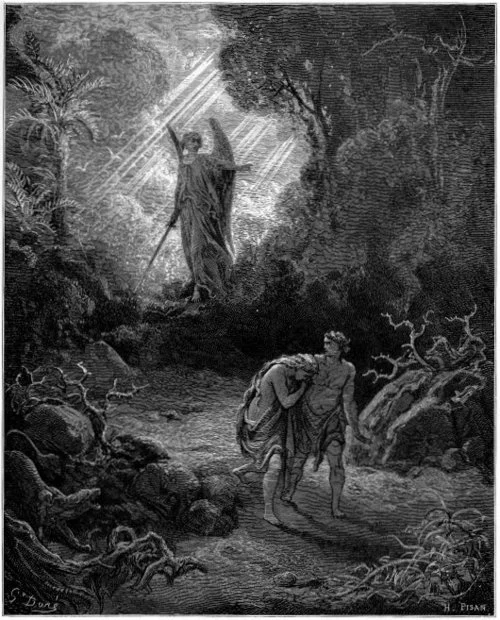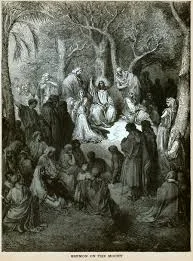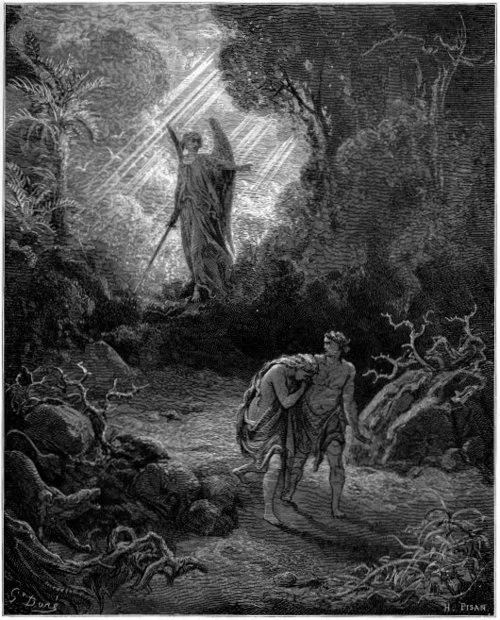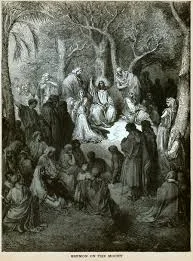Cries from the Heart
/Have you ever felt broken over sin? Have you ever been so broken you wept aloud? Have you ever been so broken you cried out to the Lord for his forgiveness? Our sin should break us. We should hurt over our sin. Why? Because we worship a holy, sinless God who is grieved over sin. God is grieved over sin so much so that he sent Christ to take away sin. The psalmist writes in Psalm 130, “Out of the depths I cry to you. . . . Let your ear be attentive to the voice of my pleas for mercy” (Psalm 130:1–2). He goes on to say, “my soul waits for the Lord more than watchmen for the morning, more than watchmen for the morning” (Psalm 130:6). In the ancient world, watchmen would sit on the city gate and protect the city. They longed for the morning because only then was their work complete. Why should we wait for the Lord with such enthusiasm as a city watchman? Because we know that God is merciful and gracious to forgive us.
Read More









